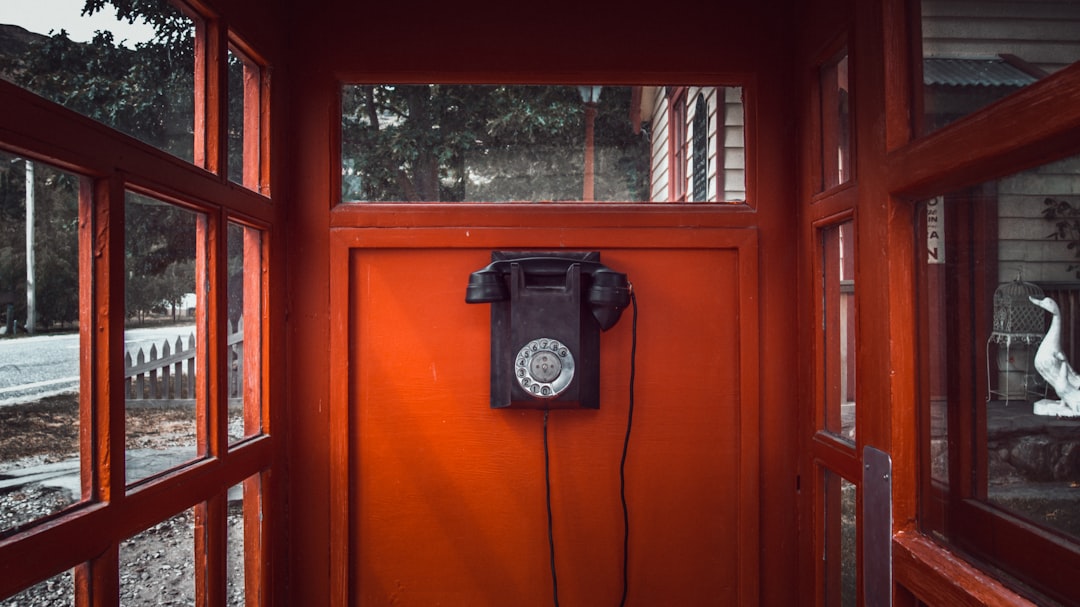In DC, unwanted autodialed (spam) calls are illegal under the Telephone Consumer Protection Act (TCPA). To stop them, document each call, contact originators, and hire a specialized TCPA lawyer in California. These professionals help navigate legal complexities, file lawsuits, secure damages, and ensure compliance. Proactive measures are key; take action now with their assistance to curb persistent spam calls.
In the bustling landscape of modern communication, unwanted autodialer calls have become a persistent problem, particularly in the District of Columbia. The Telephone Consumer Protection Act (TCPA) offers consumers protections against spam calls, yet enforcement remains challenging. This article guides residents on how to navigate this intricate legal territory, providing actionable steps to challenge autodialers without express permission. From understanding your rights as outlined by TCPA law firms California specializes in, to connecting with a lawyer for TCPA in California, discover the resources essential to reclaim control over your phone lines and protect yourself from intrusive spam calls.
- Understanding the TCPA and Spam Calls in DC
- Legal Steps to Stop Unwanted Autodialer Calls
- Resources and Actions for DC Residents Affected by Spam Calls
Understanding the TCPA and Spam Calls in DC
In the District of Columbia, the Telephone Consumer Protection Act (TCPA) plays a vital role in regulating telemarketing practices and protecting residents from unwanted calls, including spam calls. The TCPA is a federal law that restricts businesses and individuals from making certain types of automated or prerecorded phone calls without prior express consent. This legislation aims to curb intrusive marketing tactics and give consumers more control over their communication preferences.
Spam calls, often associated with telemarketing and robocalls, have become a prevalent issue in DC. These unwanted calls can be frustrating and disruptive, leading many residents to seek solutions to stop them. For those facing persistent spam calls, consulting with an experienced TCPA lawyer or law firm in California might be beneficial. These professionals specialize in navigating the complexities of TCPA law and can provide guidance on how to hold offenders accountable while ensuring compliance for legitimate businesses.
Legal Steps to Stop Unwanted Autodialer Calls
In the District of Columbia, addressing unwanted autodialer calls involves understanding and leveraging strict consumer protection laws like the Telephone Consumer Protection Act (TCPA). If you’re receiving spam calls, the first step is to document the calls, including dates, times, and any recorded messages. Next, contact the call originators directly, demanding they cease all automated dialing immediately. This often works as a formal warning, but if not, it’s time to involve legal counsel.
Hiring a lawyer specializing in TCPA law in California can significantly enhance your case. These attorneys have expertise in navigating the nuances of the TCPA and can file a lawsuit on your behalf if necessary. A TCPA lawyer or TCPA attorneys in California will guide you through the process, potentially securing monetary damages and ensuring compliance with privacy laws. Remember, taking proactive measures is key; don’t let unwanted calls persist—take action today with the help of legal professionals who understand how to stop spam calls effectively.
Resources and Actions for DC Residents Affected by Spam Calls
If you’re a resident of the District of Columbia receiving unwanted autodialed calls, there are several steps you can take to protect your privacy and put an end to this nuisance. While blocking numbers can provide temporary relief, it’s important to understand that these calls often violate the Telephone Consumer Protection Act (TCPA). This federal law restricts automated telemarketing calls and requires explicit consent for marketing purposes.
For DC residents affected by spam calls, seeking legal advice from a qualified TCPA attorney or law firm in California is a crucial first step. These experts can guide you on how to stop spam calls effectively, especially if the calls are causing emotional distress or disrupting your daily life. They can help you understand your rights and take appropriate action, whether it’s filing a complaint with relevant authorities or initiating legal proceedings against the offending companies. Many law firms specializing in TCPA cases offer free initial consultations, providing an accessible way to explore your options and get the support you need to stop unwanted calls.






